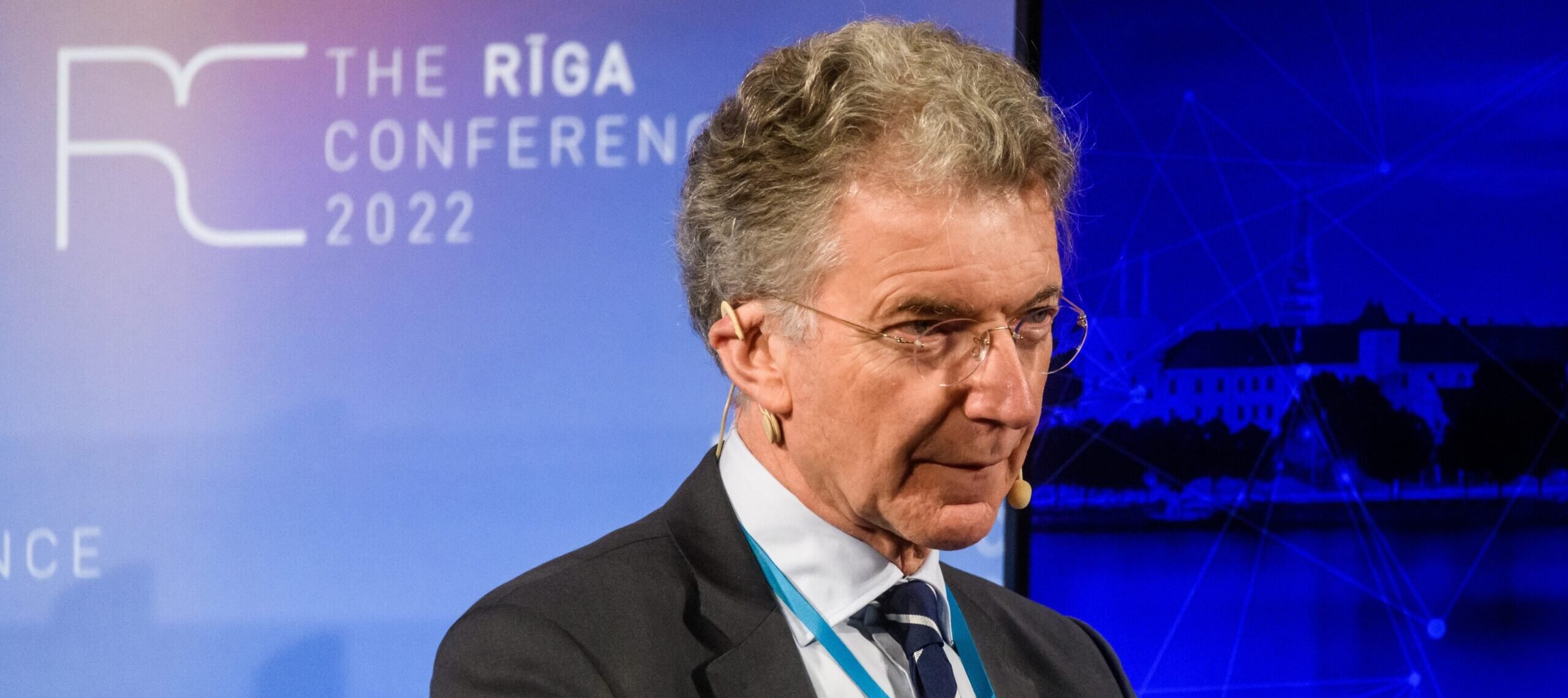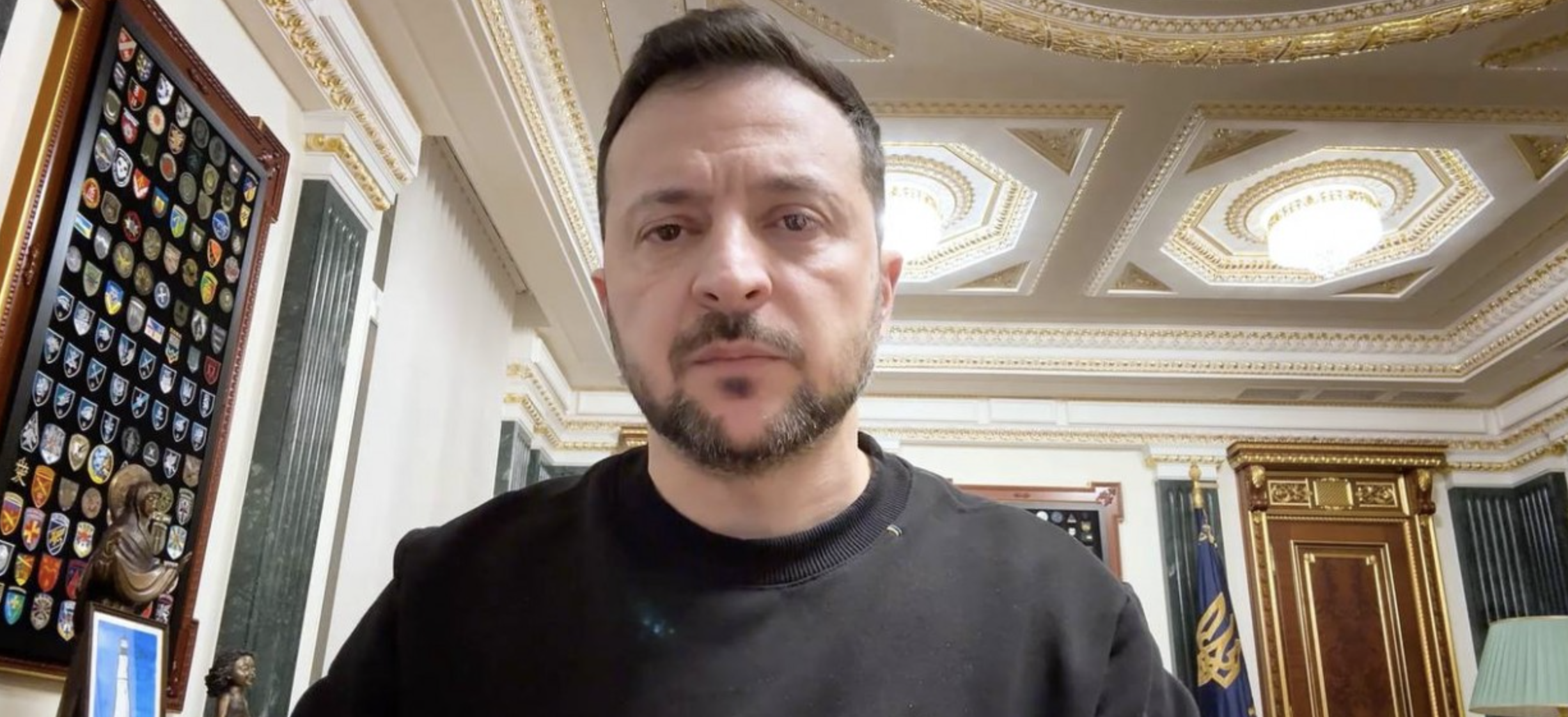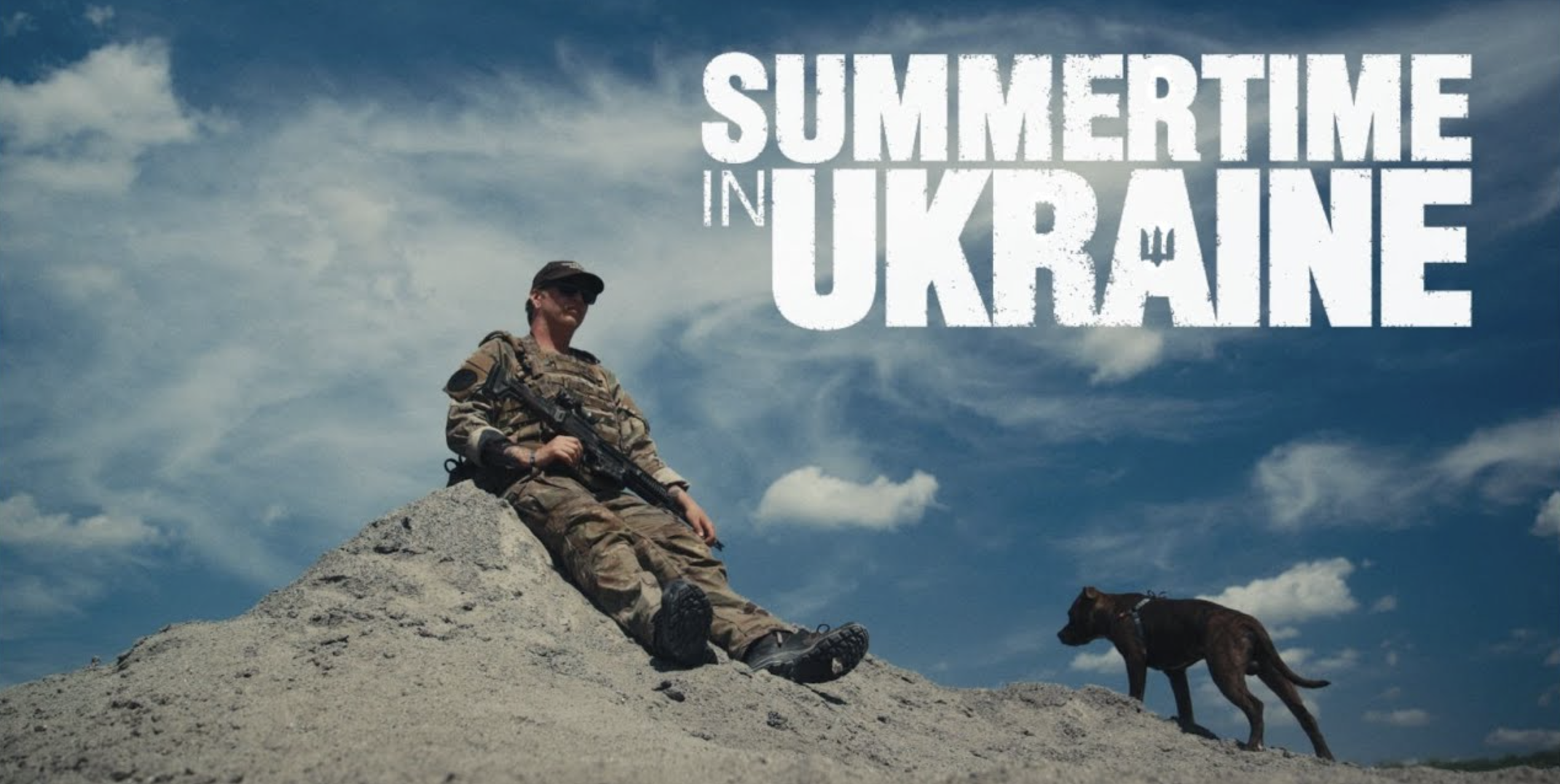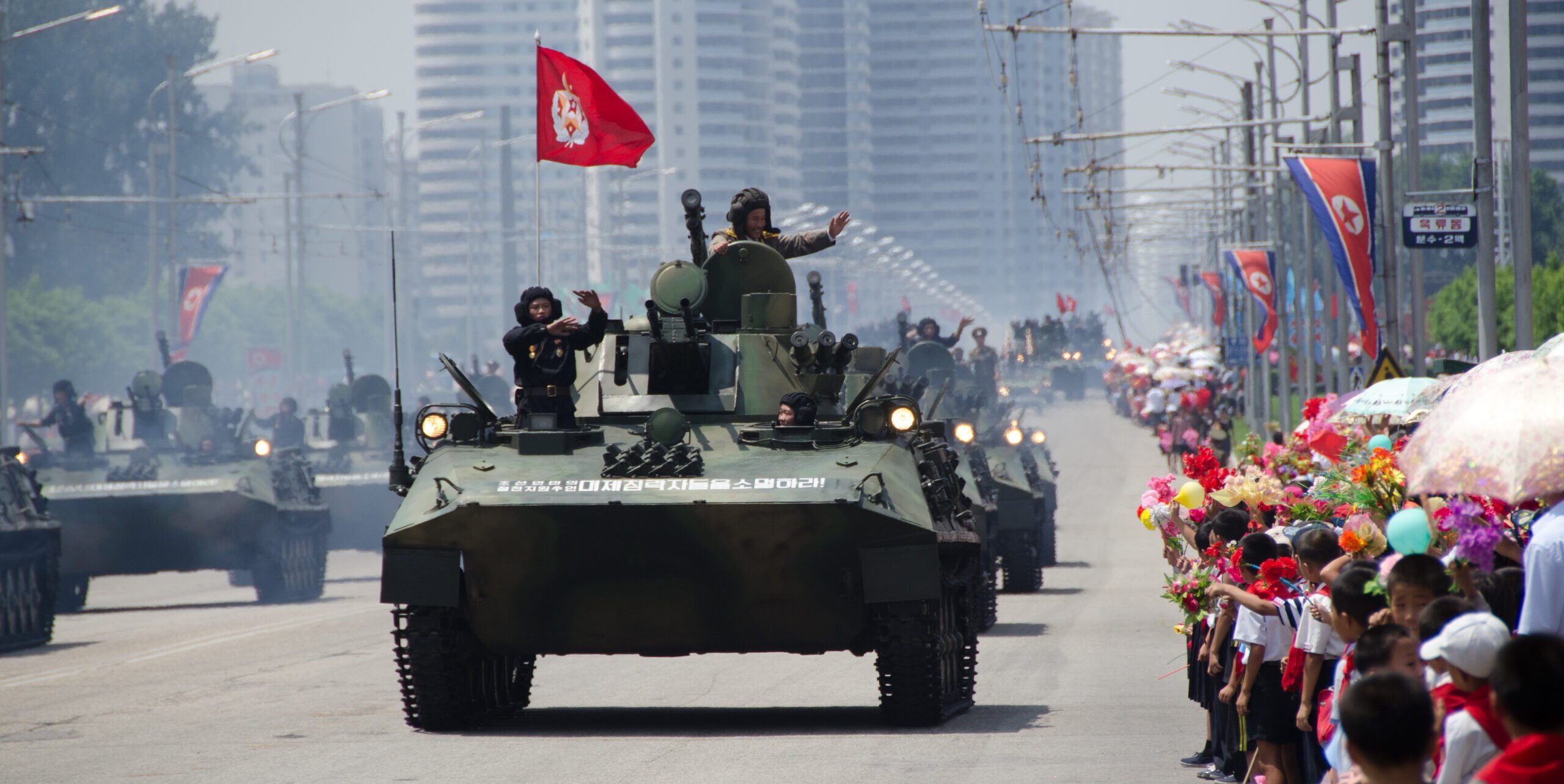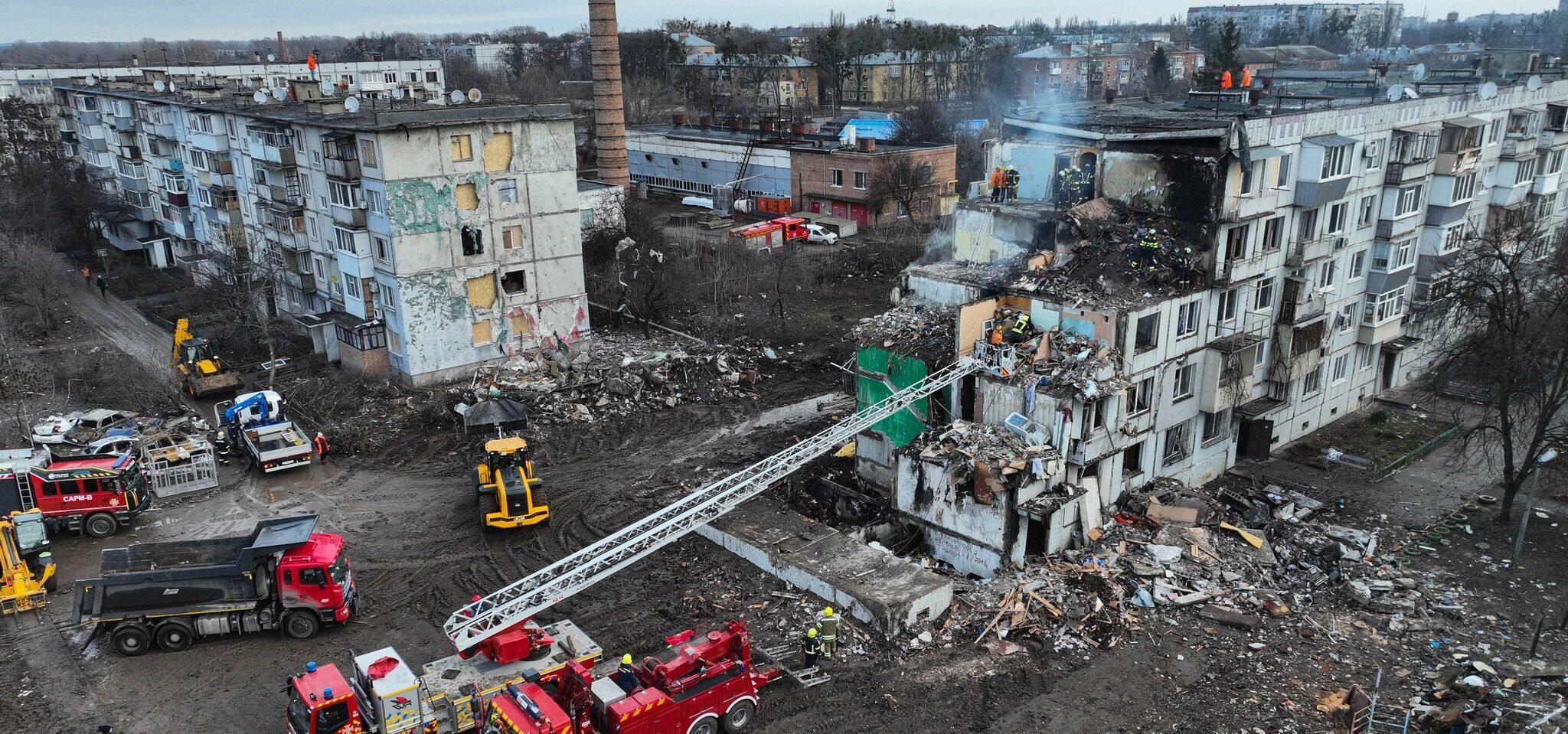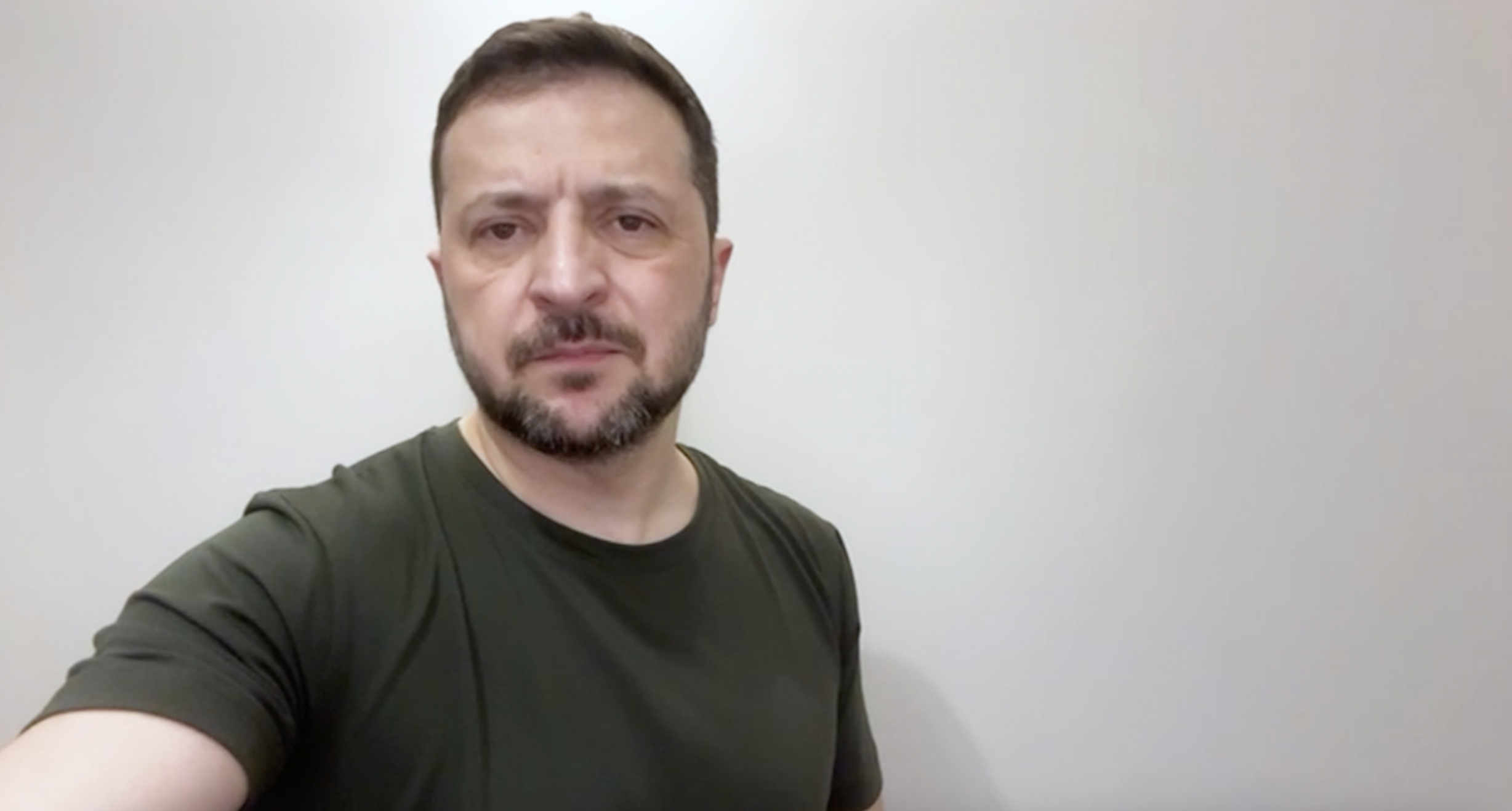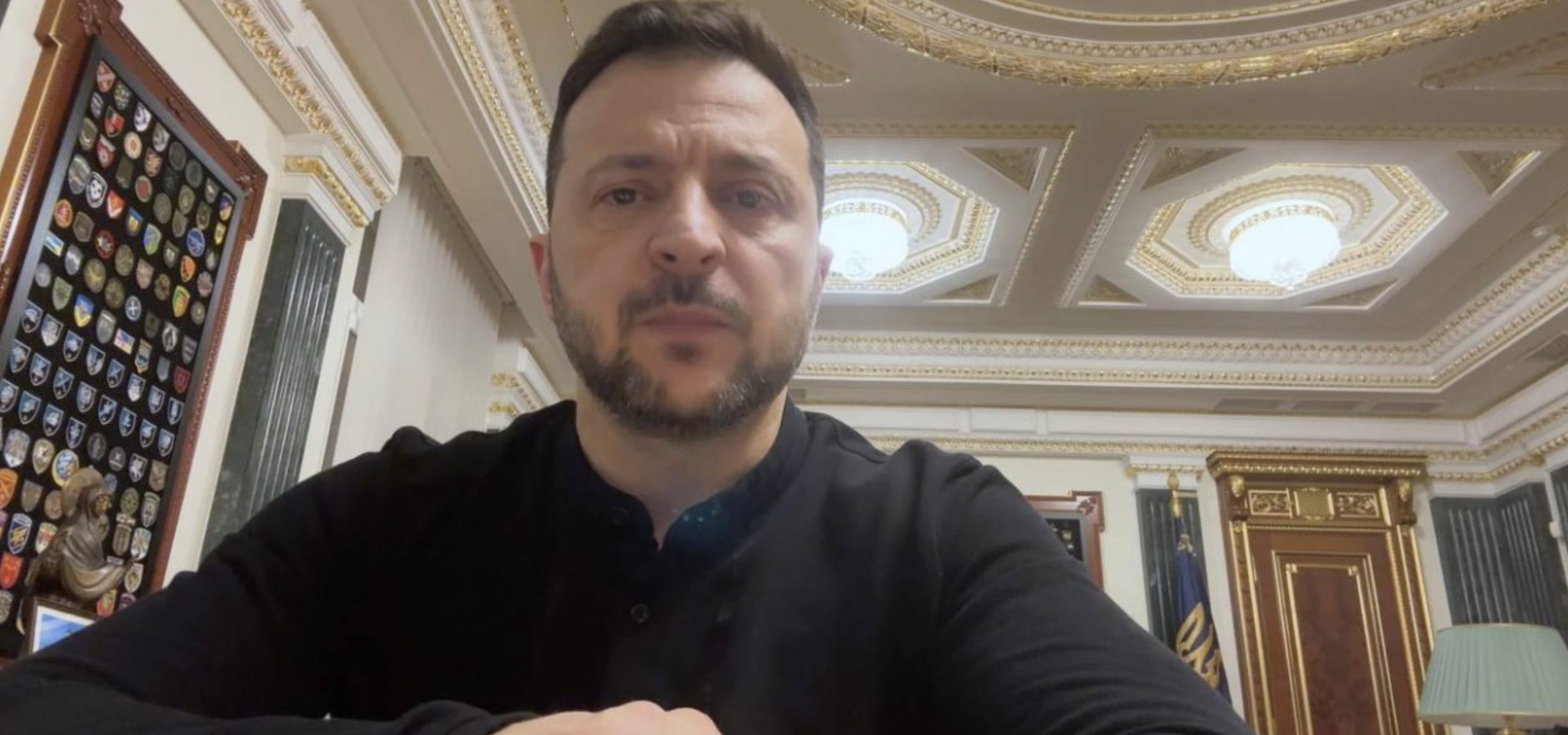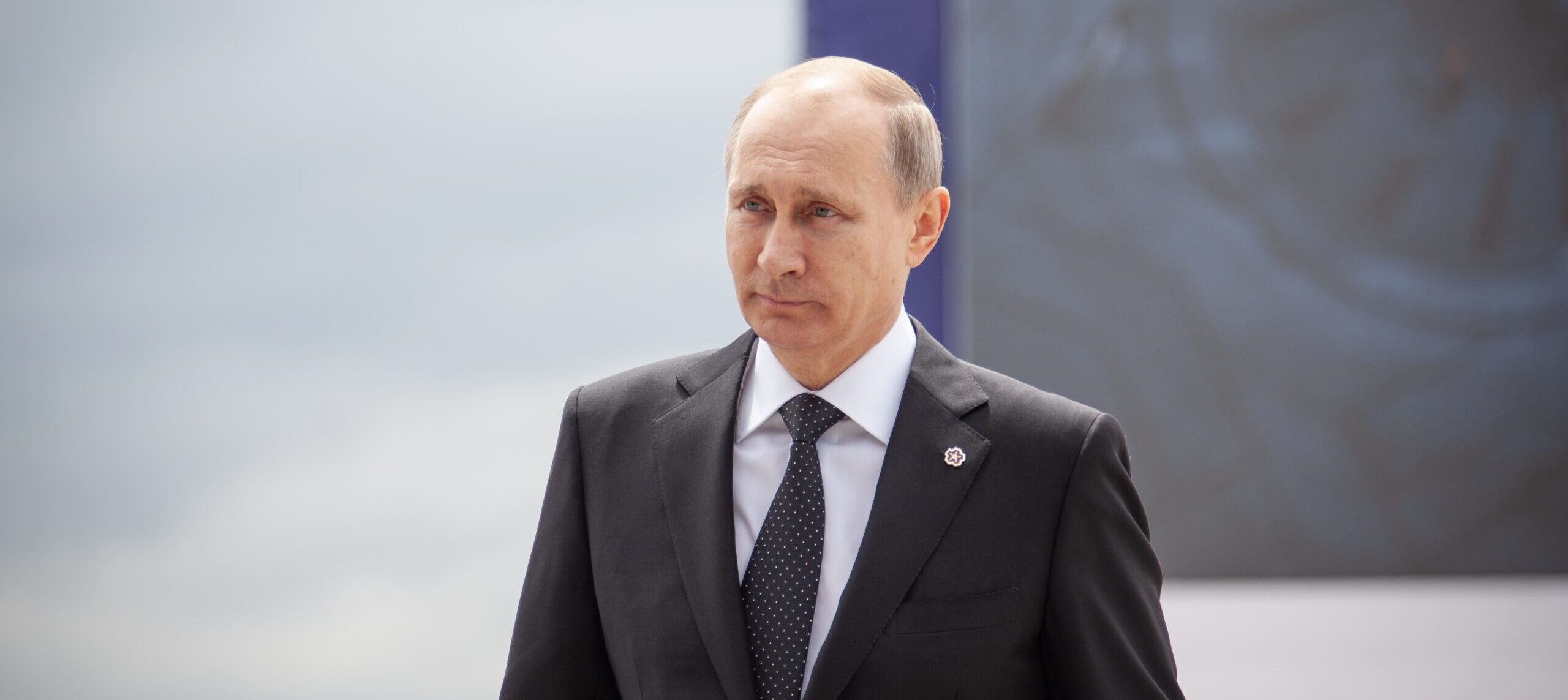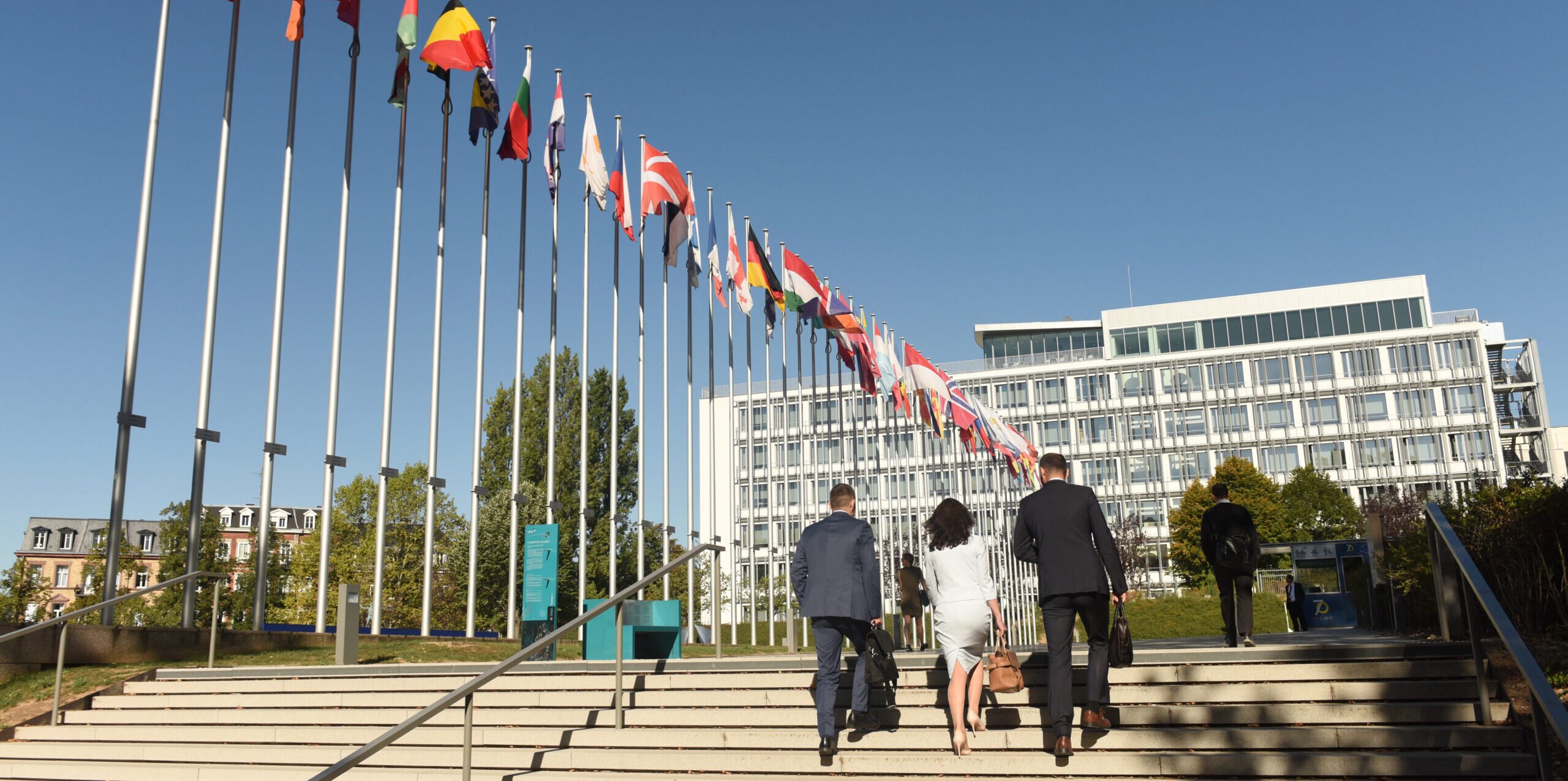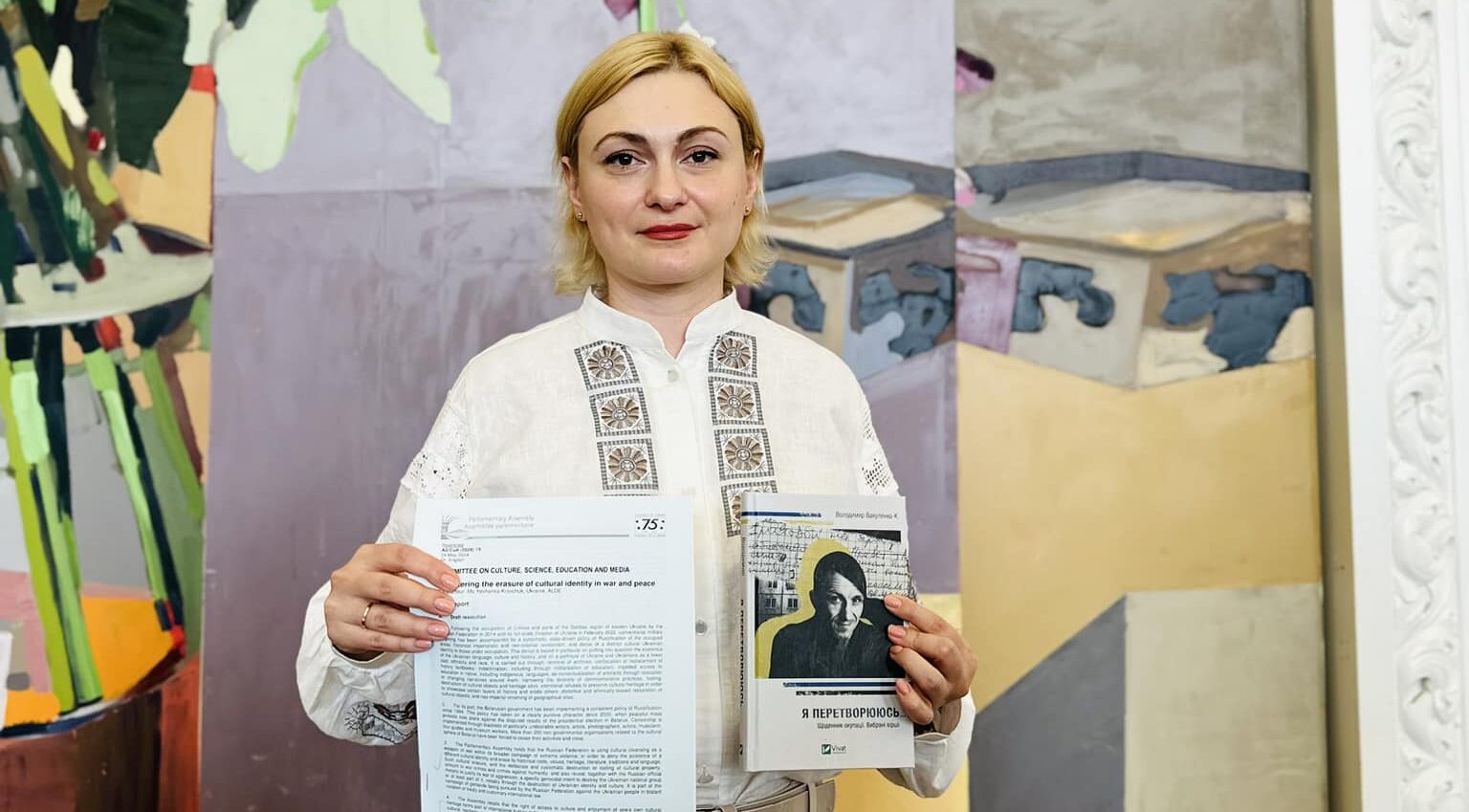
The Committee on Culture of the Parliamentary Assembly of the Council of Europe (PACE) has endorsed a resolution stating that the obliteration of Ukrainian cultural identity serves as a mechanism in Russia’s war against Ukraine and constitutes part of a genocidal policy designed to annihilate the Ukrainian nation, according to the Ministry of Culture and Information Policy of Ukraine.
The resolution “Countering the Destruction of Cultural Identity During War and Peace” was presented by a member of the Ukrainian delegation to the PACE, Ukrainian MP Yevheniia Kravchuk. PACE will consider adopting the resolution at its June session.
“The resolution confirms that Russia uses cultural ‘cleansing’ as a tool of war to deny the existence of another cultural identity and to erase historical roots, values, heritage, literature, traditions, and language. These actions are war crimes and crimes against humanity, and they demonstrate a clear genocidal intent to destroy the Ukrainian nation or at least part of it,” Kravchuk said. “This is part of the genocide campaign that Russia is conducting against the Ukrainian people.”
The document includes several critical provisions: it calls for full compensation for damages in accordance with international law and ensures measures to prevent future destruction. It also aims to increase awareness about the operation of propaganda, along with colonial and neocolonial practices. Furthermore, it proposes sanctions against individuals involved in or facilitating the illegal transfer or trade of cultural artifacts, conducting unauthorized excavations, or exploiting artifacts for personal gains such as exhibitions, auctions, and scientific publications. Additionally, it demands the accountability of government authorities and relevant state institutions involved in these practices.
In her speech to the committee, Yevheniia Kravchuk illustrated her point with a book by writer Volodymyr Vakulenko, published by Vivat, whose printing house in Kharkiv was destroyed by a Russian missile strike. “Volodymyr Vakulenko was killed by Russian occupiers. Writer Victoria Amelina, who found Vakulenko’s diary during the occupation and wrote the foreword to the book, was also killed as a result of a missile strike,” the ministry noted.
Cover: Kravchuk on Facebook
